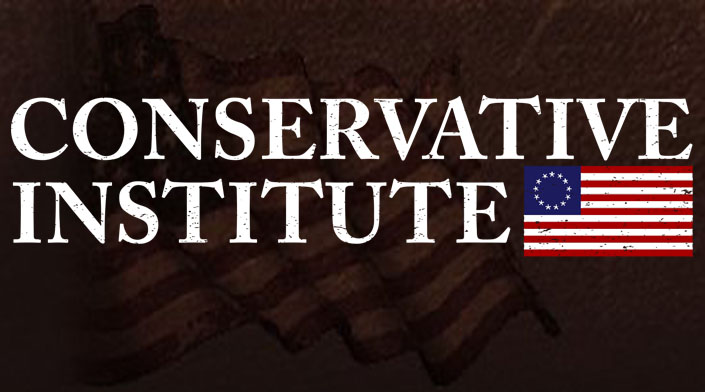Report: Supreme Court ruling will 'exceptionally' limit power of federal agencies
CNN noted how President Joe Biden began his time in office with a flurry of executive orders, including ones that stopped border wall construction, canceled the Keystone XL pipeline, and lifted restrictions on transgender individuals in the military.
However, a recent reversal by the Supreme Court will make governance by executive orders more difficult in the future.
Justices overturn 40-year-old precedent on regulatory interpretation
That's according to Axios contributor Sam Barker, who cited the ruling made by America's highest judicial body in Loper Bright Enterprises v. Raimondo.
How the Supreme Court rewrote the presidency https://t.co/46bbVdkh4K
— Axios (@axios) July 17, 2024
As Fox News explained, the case concerned fishermen who objected to a National Oceanic and Atmospheric Administration (NOAA) regulation requiring them to pay for an "at-sea monitor" on their vessel.
In ruling for the fishermen, the Supreme Court overturned a four-decade-old legal concept known as "Chevron deference," under which judges deferred to regulators when deciding whether statutory law empowered an agency to act.
"Courts must exercise their independent judgment in deciding whether an agency has acted within its statutory authority, as the APA [Administrative Procedure Act] requires," Chief Justice John Roberts wrote in his majority opinion.
Chief justice dismisses Chevron doctrine as being "a judicial invention"
"Careful attention to the judgment of the Executive Branch may help inform that inquiry. And when a particular statute delegates authority to an agency consistent with constitutional limits, courts must respect the delegation, while ensuring that the agency acts within it," the chief justice continued.
"But courts need not and under the APA may not defer to an agency interpretation of the law simply because a statute is ambiguous," Roberts stressed before calling Chevron "a judicial invention."
He went on to insist that "the only way to 'ensure that the law will not merely change erratically, but will develop in a principled and intelligible fashion" would be "to leave Chevron behind."
In Barker's view, the Supreme Court's jettisoning of Chevron "will have immediate and lasting impacts across every policy area."
"The courts will decide all of those disputes themselves"
He pointed to limits on power plants and auto emissions as being at risk as well as regulations concerning public health.
"Most importantly, it will be exceptionally difficult for future administrations to make new policy unless Congress passes new laws," Barker asserted. What's more, he said, "the courts will decide all of those disputes themselves, rather than generally assuming that regulatory agencies are the experts."
Then again, that's the way the Constitution meant it to be--which is exactly the Supreme Court's point.

